The Path of a Lost Tourist (told through Max Ernst works)
My personal statement for graduate school applications served as a helpful self-reflection. Here is a short story of my own self-discovery to convince graduate schools to accept me.
(All of the following pictures are Max Ernst works--one of my new loves.)
I thought that the discovery of myself would be comparable to an anthropologist searching for clues, compiling sets of data, and drawing logical conclusions about who I am and what I “ought to be”.
As it turns out, however, my self discovery was not a straight and narrow path of science, but more akin to that of a lost tourist-- reading maps in indecipherable languages, consistently surrounded by a whole new world, and often depending on a small burning of intuition in my gut.
I’ve wanted to be an OT since I was in grade school, after experiencing how much the interventions had transformed my little brother’s sensory integration challenges. My grandparents were chronically ill throughout my childhood, and I quickly developed a certain connection with older adults after spending countless hours at the nursing home. With so much personal passion for people and therapy, OT in geriatrics always made sense. However, it was not until college that I found the words to explain my calling.
I’ve been more than fortunate to have a liberal arts college education where self-discovery is a consistent theme with the often repeated phrase “We promise you discovery: the discovery of yourselves, the discovery of the universe, and your place in it.”
Over my years at Saint Mary’s College, I’ve come to see that discovery is a two sided process. These two sides of discovery have functioned symbiotically, cultivating and empowering me to become an Occupational Therapist. In one sense, self-discovery emerges from my environment, communities, and events that have shaped me without much of my control. My classes, activities, and personal life at Saint Mary’s opened me to ideas I never would have found myself. The other side of discovery is not derived from unpredictable events, but by my own awareness, work ethic, and compassion that help me navigate and understand my path of discovery. My ability to reflect and connect my experiences gave my discovery real meaning.
I have always been semantically minded; I think in words and theories; and I tend to be more in tune with how I feel. As the age old “opposites attract” law would have it, I often flock around people who are logically and quantitatively minded. I crave the challenge of having to think with a whole new set of assumptions and shift of perspectives. This curiosity led me to decline my acceptance to SLU’s pre-occupational therapy program with direct admittance to graduate school and instead pursue a liberal arts education where I would be challenged to grow academically and personally through a variety of experiences. Though the fast track program would have offered me an efficient and cohesive route to becoming an OT, I felt that a liberal arts education would develop my entire person, not just my career goals.
My personal development at Saint Mary’s centered on a myriad of classes, activities, and ideas that allowed me to grow while fostering a deeper desire to be an OT. I was able to continue my passion for theatre, working as a stage manager, building sets, and designing costumes. As assistant director for a senior comprehensive project, I helped to create, organize, and execute the production of a full play and all the lighting/sound effects it entailed.
By participating in theater, I was able to not only engage in an activity that I loved, but also practice designing, creating, and organizing in ways that were innovative.
I often had to solve problems creatively, using available resources while keeping in mind the functions of the stage. Theater fed my creative mind and provided an outlet for me amidst my science courses. Inadvertently, these experiences also helped me to practice strong skills for OT. I practiced organization of tasks, ensured that those tasks were completed efficiently, and maintained the dynamic of many diverse personalities to integrate all the tasks at hand. Like theater, OT also requires a keen sense of innovation and function in order to implement interventions for a specific individual.
Though the skills and creativity I developed in theater are crucial to OT, the most valuable addition to my personal discovery at Saint Mary’s is my passion for social justice.
Recognizing the need for efforts that support and sustain the human person, social justice involves modifying the environment to best provide for and support an individual’s autonomy. Though all of my classes emphasized social justice, my gerontology courses really brought me to understand why social justice is so relevant to OT. As I analyzed a variety of services for older adults, practiced means of communication, and examined the healthcare system in light of the aging population, I realized the true value of person-centered care. Oftentimes, I’ve heard that OT for the geriatric population is “just for maintenance of quality of life”. However I feel that, with person-centered care, OT is and can be so much more. OT works with an individual in the present moment to meet their physical, psychological, and social needs. Person-centered care addresses each person’s needs with a sense of openness and responsibility to the whole individual. And, together, OT and person-centered care can provide environments that support and sustain autonomy, ultimately modeling social justice. This idea connected with me especially when I met with retired sisters living in the Alzheimer’s and Dementia unit at the Saint Mary’s convent. With a system based on person-centered care, activities, conversations, and care were focused on relationships that affirmed the holistic individual.Time and time again, it was clear the environment allowed them to continue developing relationships, skills, and self-esteem. I think that true social justice encapsulates what I saw in the sisters at the convent. Social justice became the crux to my education, giving me the words to describe why I wanted to be an OT.
My intention towards OT was not only developed in theory, but in experience as well. My sophomore year I required knee surgery in the middle of the year. Though knee injuries and subsequent surgeries had always been a typical occurrence for me, dealing with my recovery while living at school was a new experience. I was forced into a wheelchair for roughly a full semester and, for the first time, I experienced how the world does not always fit the individual. Many aspects were mostly inescapable, but a large portion of my struggles in a wheelchair stemmed from easily avoidable factors. From handicap ramps that were too steep to use, poorly placed handicapped doors, doors in general, oddly built showers, and to completely inaccessible buildings altogether, I was often reminded of the ambiguity of the word “accessibility.” Accessibility did not necessarily imply that I could function independently, nor did it imply that my surroundings were perfect adaptations for me. Affirming what I learned in my gerontology courses, accessibility often seemed to fit protocol rather than needs. The burden of accessibility was put upon me and whether I decided to ask for help. I gained humility through my dependence on others, but this humility arose from a certain degree of lost dignity. My environment did not allow me autonomy or alleviation, but just appeared to the general public that it did. I felt immense relief that I did not have to manage such an environment forever. Though I could never completely imagine how other-abled bodies cope with the majority’s standards, this temporary shift of perspective further encouraged me to become an OT. With the ability to apply my own experience, I can understand and relate to many physical and psychological challenges and consequently adjust the surrounding environment. More importantly, I can work to preserve the dignity and autonomy that I felt I had lost during this time.
My discovery of my values, my identity, and my purpose were all intertwined during my time at Saint Mary’s. My experiences in my classes and personal life helped me, not only affirm that OT was my calling, but also prepared me to be a better OT. When I look back to my decision to decline my acceptance to an OT undergraduate program, I am confident I made the right decision. By embracing the Saint Mary’s community and environment wholeheartedly, I enhanced my self-awareness and my awareness of others. I constantly reflected on my experiences and was motivated to work even harder to meet my goals. My robust determination towards my own growth, creativity, and ultimately social justice is a trait that will persist beyond Saint Mary’s. As I embark on new discoveries in new environments and communities, I plan to reflect and grow in ways that deepen my person.
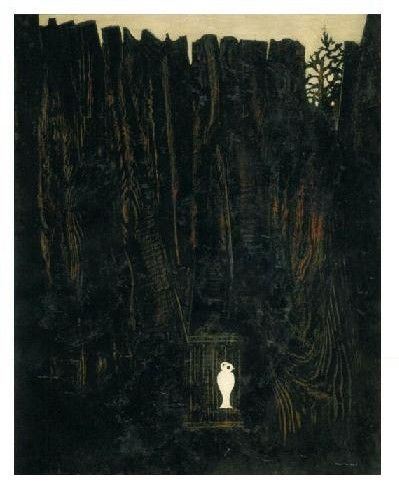
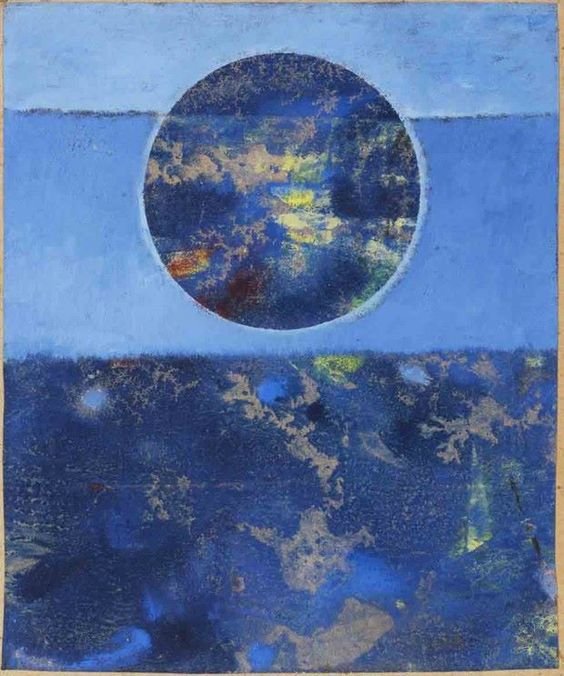

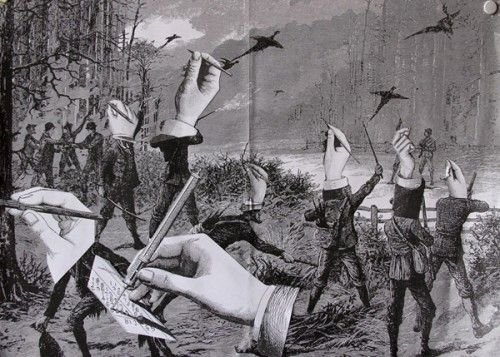
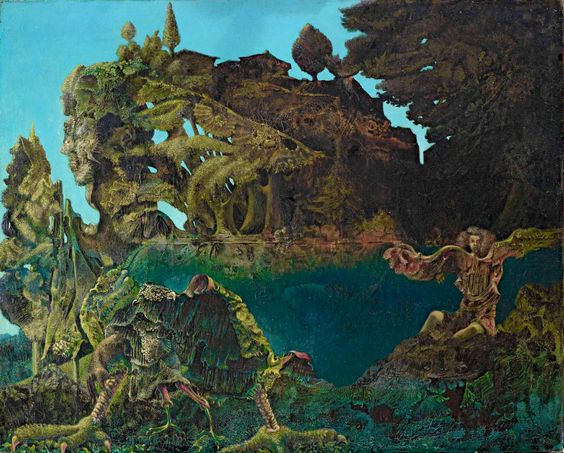
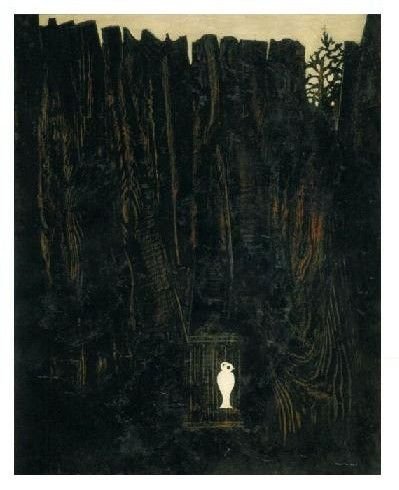.jpg)
Cool post! I follow you!
@zugzwang34
thanks for the follow:)